Navigating the Future The Power of Strategic Planning Facilitation
I could use this space to tell you about my being a proven executive, business owner, CEO and all that other blah, blah, blah but what I really want to tell you is how much I love coaching. I love every aspect of it.

In today's rapidly evolving landscape, organizations of all sizes face constant pressure to adapt, innovate, and thrive. Merely having a vision isn't enough; the ability to translate that vision into actionable steps is paramount. This is where strategic planning comes into its own and more specifically, where the art and science of strategic planning facilitation truly shine.
Many organizations embark on strategic planning with the best intentions, only to find themselves bogged down in endless discussions, diverging opinions, or a lack of clear direction. This often stems from an absence of impartial guidance and a structured process. A skilled strategic planning facilitator acts as a crucial catalyst, transforming potential chaos into coherent strategy.
Beyond the Buzzwords: What is Strategic Planning Facilitation?
At its core, strategic planning facilitation is the process of guiding a group through the development of a strategic plan. It's not about dictating the strategy, but rather about creating an environment where the collective intelligence of the organization can flourish. A facilitator ensures that all voices are heard, diverse perspectives are considered, and ultimately, a consensus-driven, actionable plan emerges.
Think of it this way: strategic planning isn't just a meeting; it's a journey. And like any important journey, having an experienced guide makes all the difference. The facilitator is that guide, expertly navigating the group through complex discussions, challenging assumptions, and surfacing critical insights.
Why You Can't Afford to Skip Facilitation
The benefits of professional strategic planning facilitation are multifaceted and far-reaching:
-
Impartiality and Objectivity: Internal teams, no matter how well-intentioned, often come to the table with pre-existing biases, departmental agendas, or personal relationships that can hinder open discussion. A neutral facilitator ensures that the focus remains on the organization's overarching goals, not individual interests. They can ask the tough questions without fear of reprisal, prompting deeper reflection and more honest self-assessment.
-
Structured Process and Efficiency: Without a clear roadmap, strategic planning sessions can quickly devolve into unproductive tangents. A facilitator brings a proven methodology, a structured agenda, and a toolkit of techniques to keep the process on track. This ensures that time is used effectively, key topics are thoroughly explored, and decisions are made efficiently. From SWOT analyses to scenario planning, they expertly deploy the right tools at the right time.
-
Enhanced Engagement and Buy-in: When everyone feels heard and valued, engagement naturally increases. A skilled facilitator creates a psychologically safe space where participants feel comfortable sharing ideas, challenging norms, and contributing meaningfully. This inclusive approach fosters a sense of ownership over the resulting strategy, leading to greater commitment and enthusiasm during implementation.
-
Unlocking Collective Intelligence: The greatest asset of any organization is its people. A facilitator's role is to tap into this collective wisdom, drawing out innovative ideas, identifying hidden opportunities, and mitigating potential risks that might otherwise be overlooked. They are adept at synthesizing disparate viewpoints and finding common ground, transforming individual insights into a powerful collective vision.
-
Clearer Outcomes and Actionable Plans: The ultimate goal of strategic planning is to produce a clear, actionable plan. A facilitator ensures that discussions culminate in concrete decisions, measurable objectives, and assigned responsibilities. They help translate high-level aspirations into specific, time-bound initiatives, making the difference between a theoretical exercise and a tangible roadmap for success.
The Facilitator's Toolkit: More Than Just a Timekeeper
A truly effective strategic planning facilitator possesses a diverse skill set:
-
Exceptional Communication: They are active listeners, clear communicators, and skilled at summarizing complex ideas.
-
Conflict Resolution: They can skillfully navigate disagreements and guide the group towards constructive solutions.
-
Process Expertise: They understand various strategic planning frameworks and know when and how to apply them.
-
Group Dynamics Mastery: They can read the room, understand non-verbal cues, and adapt their approach to optimize group performance.
-
Strategic Acumen: While impartial, they possess a foundational understanding of business and strategy to ask pertinent questions.
Investing in Your Future
In an era defined by rapid change and intense competition, the ability to strategically plan and adapt is not a luxury, but a necessity. While the upfront investment in a professional strategic planning facilitator might seem significant, consider it an investment in your organization's future resilience and growth.
The cost of a poorly executed strategic plan wasted time, misaligned efforts, missed opportunities, and ultimately, stagnated growth far outweighs the expense of expert facilitation. By leveraging the power of strategic planning facilitation, you're not just creating a document; you're building a shared understanding, galvanizing your team, and charting a confident course toward a successful future. Don't just plan for the future; facilitate your way to it.



















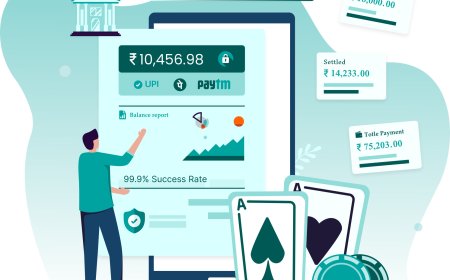

![Top 11 Real Estate Mobile App Developers in Riyadh, Saudi Arabia [2025 Edition]](https://www.philadelphialivenews.com/uploads/images/202506/image_430x256_68621a9e48997.jpg)

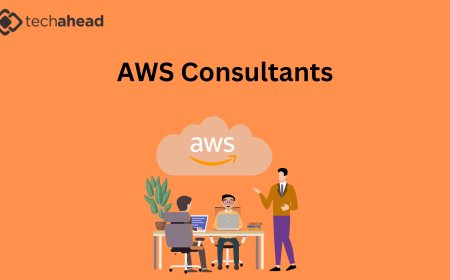
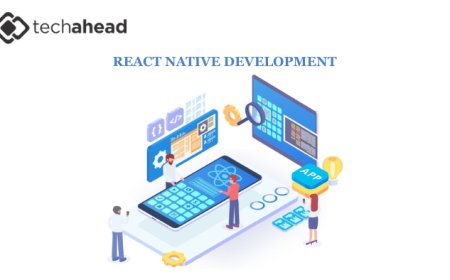
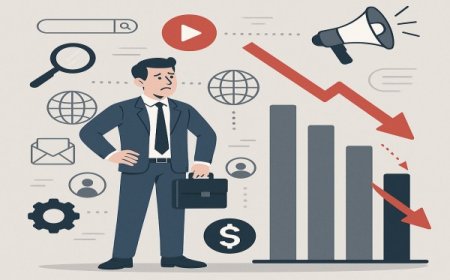
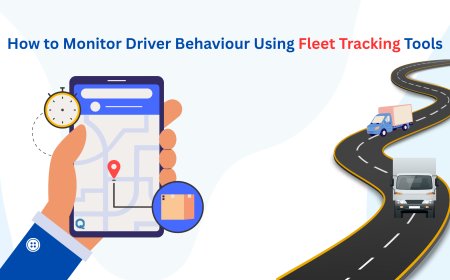


















![Top 11 Real Estate Mobile App Developers in Riyadh, Saudi Arabia [2025 Edition]](https://www.philadelphialivenews.com/uploads/images/202506/image_140x98_68621a9e4a204.jpg)

